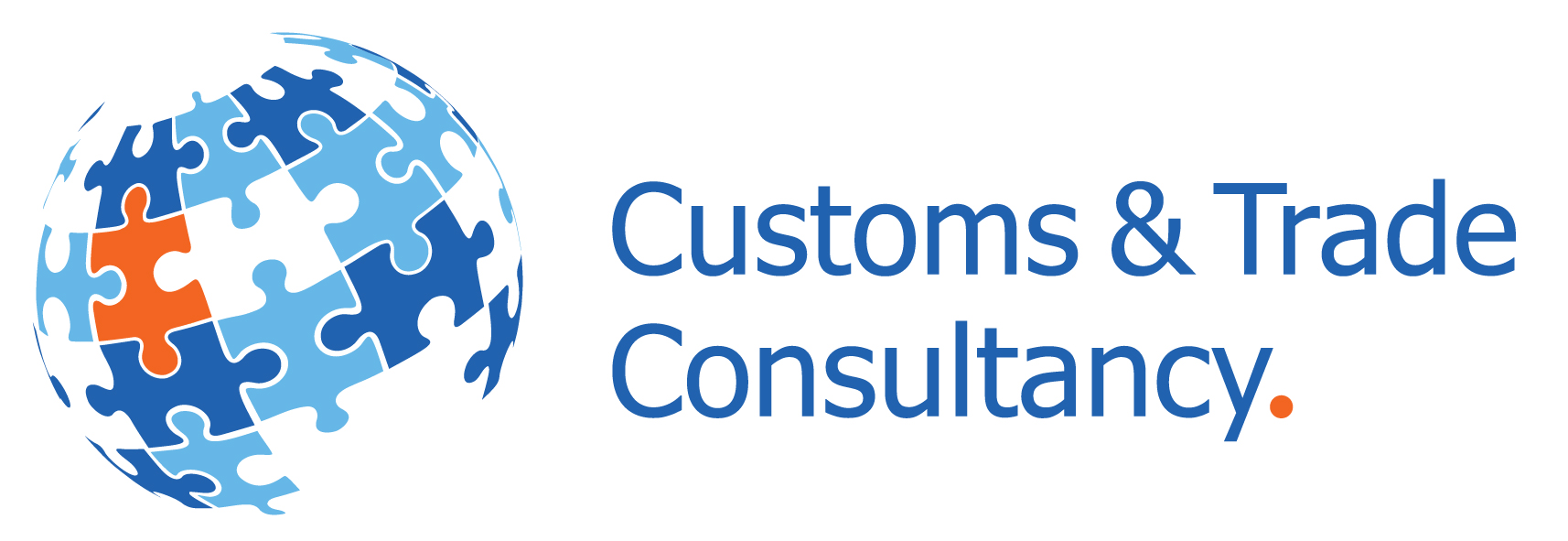
20 November 2023
Traders that import products into the UK need to consider and account for import VAT.
To facilitate traders and to avoid unnecessary cash flow costs, HMRC introduced the Postponed VAT Accounting System, also referred to as PVA, which is available to all traders. With PVA, import VAT is not payable upon the importation of the products, but it can be accounted for in the VAT return.
Although PVA is available for all traders and commonly used, some clearing agents and traders continue paying the import VAT upon importation, leading to unnecessary costs for the traders. In either event, the importer needs to report the import VAT details in its VAT return and consider recovery of the import VAT and input VAT.
How do you prove that you’ve paid import VAT?
The trader needs to hold evidence of the VAT that is paid on imported goods before the import VAT can be recovered as input VAT. It has been HMRC’s policy that the (only) evidence of payment of the import VAT can be a copy of the PVA statement and / or a copy of the C79 certificate, the latter in the event that PVA is not applied.
Customs Declaration Service (CDS) data
HMRC holds records of actual data entered on customs declarations, which includes data for the calculation of the customs duties as well as the import VAT. HMRC uses the CDS data to perform audits of the correctness of the customs declaration and respective duty calculation.
HMRC provides the CDS data to traders as a service, allowing traders to hold the same data as HMRC in relation to the customs declarations and key details for the customs duty calculation and import VAT values. HMRC encourages traders to obtain such CDS data to improve the accuracy of their records. https://www.gov.uk/guidance/request-customs-declaration-service-data-on-imports
Discrepancy
We noticed a discrepancy of the import VAT position between the C79 certificates that HMRC issues and the CDS data that is available.
It appears that the C79 certificates reflect the import VAT details upon initial acceptance of the customs declaration, whilst the CDS data reflect the import VAT details upon arrival and clearance into the UK. This leads to confusion as to what the appropriate source is for completing the import VAT details in the VAT returns and could also lead to discussions with HMRC during a VAT audit.
Whilst the import VAT is payable (and thus recoverable) upon arrival and clearance into the UK, the C79 certificates appear to reflect the import VAT position at the moment of the initial acceptance of a customs declaration. Where customs declarations are pre-lodged (e.g. consignments arrive in Dover via the Eurotunnel), it is possible that the initial acceptance of a customs declaration lies days or even weeks before the arrival and clearance of the shipment into the UK. It is even possible that a declaration is cancelled afterwards or that a shipment never arrives in the UK. The import VAT position on the C79 certificates therefore appears to be incorrect.
Current position and next steps
A UK VAT return should reflect the actual and correct position for VAT and the recovery of import VAT. Traders are penalised for submitting incorrect VAT returns.
Import VAT is payable (and thus recoverable) upon arrival and clearance into the UK. It should therefore be reported in the VAT return that covers the date of the arrival and clearance of the goods into the UK. The C79 certificates that are currently issued appear to reflect the date of initial acceptance of a customs declaration, resulting in incorrect dates of import VAT where customs declarations are pre-lodged.
It is HMRC’s responsibility to ensure that documentation is issued as evidence for the VAT that is paid on imported goods. However, it must be acknowledged that the C79 certificates and creation thereof from customs declaration data dates back to a period before the possibility of pre-lodged customs. Nevertheless, HMRC cannot hold traders responsible for recovering import VAT in an incorrect period resulting in the above mentioned discrepancy in the available data that is made available by HMRC.
Traders should be able to rely on the C79 certificates as issued by HMRC. However, we view that – where available – traders should be allowed to use CDS data which reflects the actual data entered on customs declarations instead. In particular as the details that are reflected on the C79 certificates appear to be incorrect for customs declarations that are pre-lodged.
We trust that HMRC will address the identified issue in the C79 certificates and resolve the matter to ensure that the C79 certificates will reflect the import VAT details correctly (i.e. as per the moment of the arrival and clearance into the UK). In the meantime, we hope that HMRC will acknowledge the mentioned discrepancy in the data for the import VAT position that is available from HMRC and address this internally and externally.
Customs and Trade Consultancy Limited aims to improve the customs and VAT standard for traders, and welcomes a dialogue with HMRC on this topic.
What you can do
Traders should be aware of and understand the transactions that are recorded in their UK VAT returns, which include the import VAT position. In this respect, we concur with HMRC’s position that CDS data can improve the quality of the records for customs and import VAT, and we encourage the use of HMRC’s CDS data service.
Customs and Trade Consultancy can support you in obtaining HMRC CDS data, interpreting the data to improve the quality of the customs and import VAT records, and learning how to effectively utilise the CDS data to further improve the customs and VAT compliance.
If you have any questions about evidence for import VAT, your UK VAT return or utilising CDS data, please get in touch with us today.
